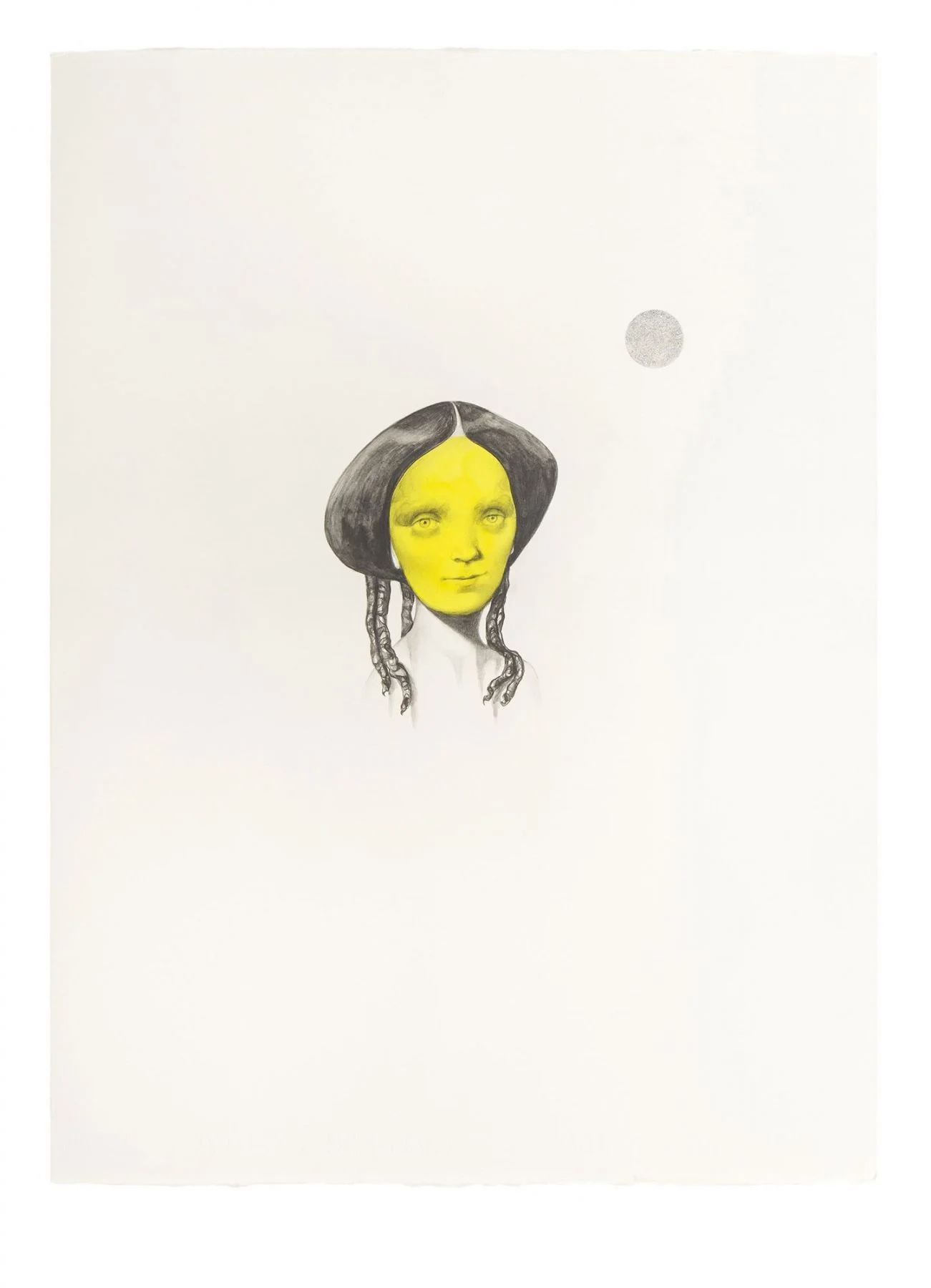Josephine Meckseper
Scene VI
New York, 515 West 19th Street
PELLEA[S] adapts Maurice Maeterlinck’s otherworldly play Pelléas et Mélisande (1892) for today’s sociopolitical landscape, weaving together fictional scenarios and dramatic footage captured by the artist at the 2017 presidential inauguration and the landmark women’s march that followed. Conflating contemporary political realities with a doomed love triangle, the city of Washington, D.C. and its architecture become a context and site of departure, giving voice to debates around notions of gender found in the original play. Meckseper expresses through cinema the dramatic narratives and relationships contained within the universe of her signature glass and mirror vitrines, with parts of the film set in D.C. and others in interiors designed by the artist. PELLEA[S] was screened at the Whitney Museum of American Art in 2018.
The gallery will exhibit one of the mirrored film sets from PELLEA[S], representing one of the pivotal scenes of the movie. With its timeless, illusory, and refractory aspects, the mirrored set defines the mythic space for the love story that unfolds. The set is a complete installation that features elements and props from the movie. Much as in Dadaist and Surrealist cinema, the interaction of objects, mannequins and symbolic architecture in Meckseper’s film set occur through juxtaposition to saturate the relationship between the object and a perceived subject in control.
Meckseper’s practice is often informed by the language of film and advertising. Here, Meckseper found precedent in Rainer Werner Fassbinder’s film set for The Bitter Tears of Petra von Kant, which was filmed next door to the artist’s childhood home in Germany in the 1970s. She was also inspired by the set designs and spatial dimensions in Alain Resnais’, Last Year at Marienbad, 1961. A time period in which artists like Claes Oldenburg created his Bedroom Ensemble, a sculptural installation from 1963, based on a magazine advertisement. As a performative and psychological realm, the film and its sets unravel an expressive field that allows Meckseper to subvert the notion of the male gaze and examine the performance of gender both in cultural production.
Exhibition on view until February 23, 2019






